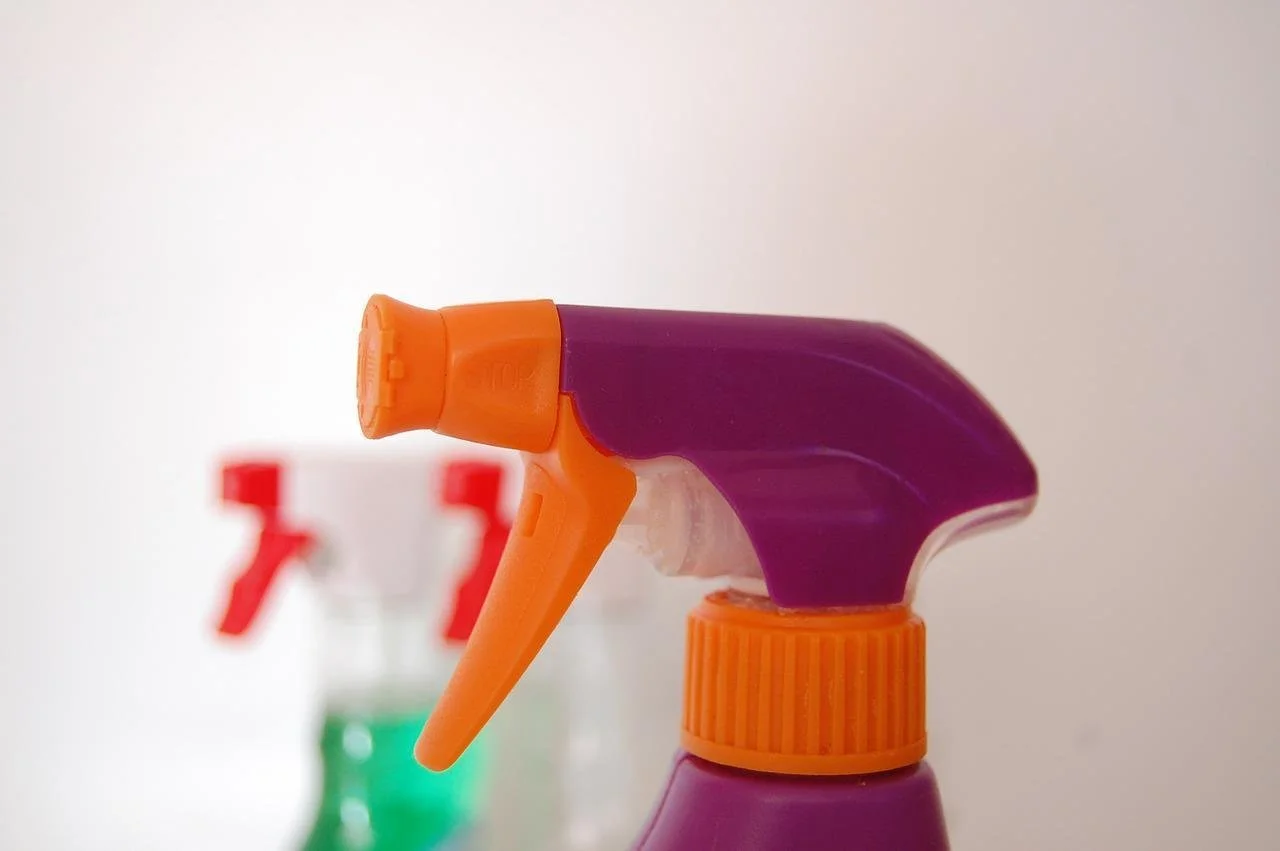Keep your pet away from these toxic household items
While you may have spent time baby-proofing your home when your child started walking, did you know that you should do the same for your pets?
At Doncaster Vet Hospital, we’ve seen lots of dogs and cats who have eaten things they shouldn’t have and have prevented them from getting extremely sick or worse.
Here are some common household toxins to keep away from your pets.
Food and drinks toxic to pets
It’s not just Christmas food that can be toxic for your pets. Everyday fridge and pantry items can be harmful to dogs and cats. The severity of your pet’s symptoms will depend on factors such as the size of the animal, the type of food and the amount they ingested. You need to be aware of what these toxic foods and drinks are and store them securely, so your pet is out of harm’s way and your food is out of paw’s way.
Common toxic foods for dogs and cats include:
Xylitol – a sugar-free sweeter used in many food products, xylitol can be fatal to dogs. It can lead to low blood sugar, liver failure, permanent brain damage and seizures. While the impact of ingesting xylitol on cats is unclear, we recommend you keep xylitol sweets away from your cat as a precaution.
Chocolate – toxic to dogs in particular because of their sweet tooth, chocolate can cause vomiting, diarrhea, seizures and heart complications, among other symptoms.
Garlic, onions, shallots and chives – these foods can break down your pet’s red blood cells.
Grapes, sultanas, currants and raisins – even small amounts can cause kidney problems.
Macadamia nuts – can lead to muscle tremors, ataxia, vomiting and fever.
Alcohol – just a tablespoon can cause brain, liver and kidney damage.
Medications and drugs toxic to pets
While drugs and medications can ease our pain and improve our quality of life, the same cannot be said for our pets. Prescription animal medications can even be an issue for pets if they ingest too much or are given a medication intended for a different animal.
Common toxic medications and drugs for dogs and cats include:
Ventolin – pets that chew on asthma puffers are exposed to a significant quantity of Ventolin at once, often the equivalent of more than 200 human doses.
Painkillers – cats and dogs can be harmed or killed by painkillers like Panadol, Nurofen, Aspirin, Tylenol, Ibuprofen and Excedrin because they process medications differently from humans.
Antidepressants and sleeping tablets – affect the central nervous system of pets and can cause death and a range of symptoms, such as vomiting, sedation, hyperactivity and tremors.
Cleaning products toxic to pets
Cleaning products often contain chemicals that can harm pets. It is important to be aware of this for your general household cleaners, but also when cleaning your pet’s bed and toys. Choose natural alternatives that won’t harm your pet or the environment, such as baking soda, lemon juice and vinegar.
Common toxic cleaning products for dogs and cats include:
Bleach – bleach attracts pets because of its strong scent and its chlorine content can corrode your pet’s insides.
Shampoo, soaps, detergent and dishwasher tablets – can harm your pet’s skin and insides if ingested.
Disinfectant – disinfectants usually contain alcohol and bleach, making them very toxic.
Air and carpet fresheners – pets can react to these fresheners, which typically contain essential oils, just by smelling them. Symptoms include respiratory issues and eye and nose irritation.
Home and garage supplies toxic to pets
Products and items we would never think to eat are often appealing to curious pets, but they can cause serious health issues.
Common toxic home and garage supplies for dogs and cats include:
Antifreeze – used as a coolant in car radiators, just one tablespoon of sweet-tasting antifreeze for dogs and one teaspoon for cats can be fatal. Symptoms include vomiting, lethargy, seizures, coma and excessive thirst and urination.
Paints, solvents and varnishes – inhaling paint fumes or consuming paint can cause vomiting, diarrhea, hair loss, breathing issues, dizziness and skin and eye irritation.
Candles – smelling scented candles can trigger sneezing, coughing or asthma attacks while ingesting them can cause diarrhea and vomiting.
Essential oils – applying essential oils to the skin, ingesting them or using them in diffusers can cause seizures, liver damage or failure, respiratory failure and death.
Mothballs – these stimulate the central nervous system, triggering seizures, vomiting and icterus.
Gel packs – used in food and medication packaging to absorb moisture, gel packs can cause nausea, lack of appetite and vomiting.
Other examples include cosmetics, creams, ointments, hair spray, hand sanitiser and toothpaste.
Animal poisons
Never confuse pests with your pets. Poisons intended for pests can be extremely poisonous for pets too.
Common toxic pest poisons for dogs and cats include:
Snail and slug baits – only a small amount of these baits, whether they are labelled as pet friendly or not, can be fatal or lead to red blood cell damage and gastrointestinal issues for pets.
Rat and mouse baits – these baits can cause bleeding, asphyxiation and seizures due to their connection to blood clotting and the central nervous system.
Ant baits – ingesting a large quantity of ant bait poison can cause kidney damage and stomach infection and inflammation.
Garden and backyard items toxic to pets
While your pet likely loves the great outdoors, sometimes the feeling isn’t mutual.
Common toxic garden and backyard items for dogs and cats include:
Swimming pool chemicals – while swimming pool water is usually diluted enough to only cause minor stomach irritation, pets ingesting pool cleaning chemicals can result in mouth and throat ulcers.
Fertilisers and insecticides – these impact pets’ guts, causing vomiting, diarrhea, lethargy and stomach pain.
Mulch – Cocoa mulch is made from cocoa shells and contains similar toxins to chocolate, enticing pets with its sweet scent. Other mulches like pine needle mulch can harm your pet’s stomach lining.
Toads – some frogs and all living or dead toads are poisonous to pets, causing mouth-frothing, vomiting, seizures, bloodshot and slimy gums, disorientation, heartbeat irregularities and death.
Flowers and plants toxic to pets
Many flowers and plants can be poisons in disguise, so you may be surprised by the number of toxic plants to keep away from your pets.
Common toxic plants for dogs and cats include:
Lilies – particularly toxic to cats though also potentially harmful to dogs, many lily varieties can be fatal or cause serious issues like kidney damage and renal failure.
Oleander and sago palm – can cause liver and heart failure.
What to do if you suspect your pet has ingested a toxic item
If your pet ingests or comes into contact with something toxic, your first port of call should always be your nearest vet. You should avoid trying to induce vomiting at home; instead, get them to a vet as soon as possible so they can induce vomiting within an hour. You can also play an important role in saving your pet by telling your vet what your pet may have come into contact with and keeping a sample so they can identify specific toxins.
For advice, or if you suspect your pet has consumed a toxin, contact our team at Doncaster Vet Hospital at (03) 9842 5330.




